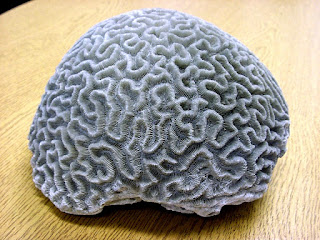A number of studies have suggested that the growth rate of corals is too slow to deal with the current rate of sea-level rises (https://www.scimex.org/newsfeed/coral-reefs-losing-ability-to-keep-pace-with-sea-level-rise). This suggests that climate change will result in the 'drowning' of most coral formations (these animals need to operate in shallow water to enable their symbiotic algae to be able to photosynthesise nutrients on which the coral depends). This would have a devastating impact on many oceanic islands (both physically and in terms of scuba-linked tourism). It would have an event worse effect on their extraordinary biodiversity.
This blog may help people explore some of the 'hidden' issues involved in certain media treatments of environmental and scientific issues. Using personal digital images, it's also intended to emphasise seasonal (and other) changes in natural history of the Swansea (South Wales) area. The material should help participants in field-based modules and people generally interested in the natural world. The views are wholly those of the author.
Subscribe to:
Post Comments (Atom)
-
I n the UK and US, a pparently popular and successful vegan/vegetarian restaurants are reportedly closing or adding meat to their menus ( ...
-
Early ripening fruit may seem convenient but some folk think it confirms environmental stress. There's also a possibility th...


%20mating%20NWCW.jpg)


No comments:
Post a Comment